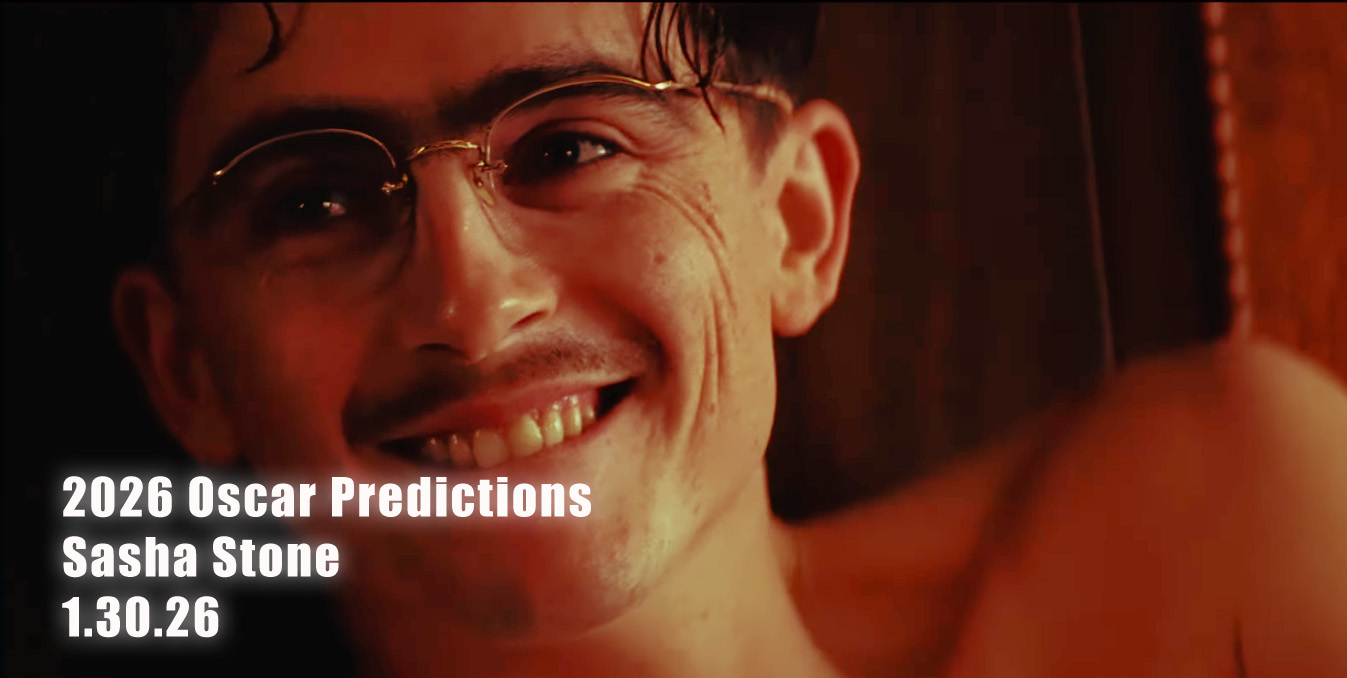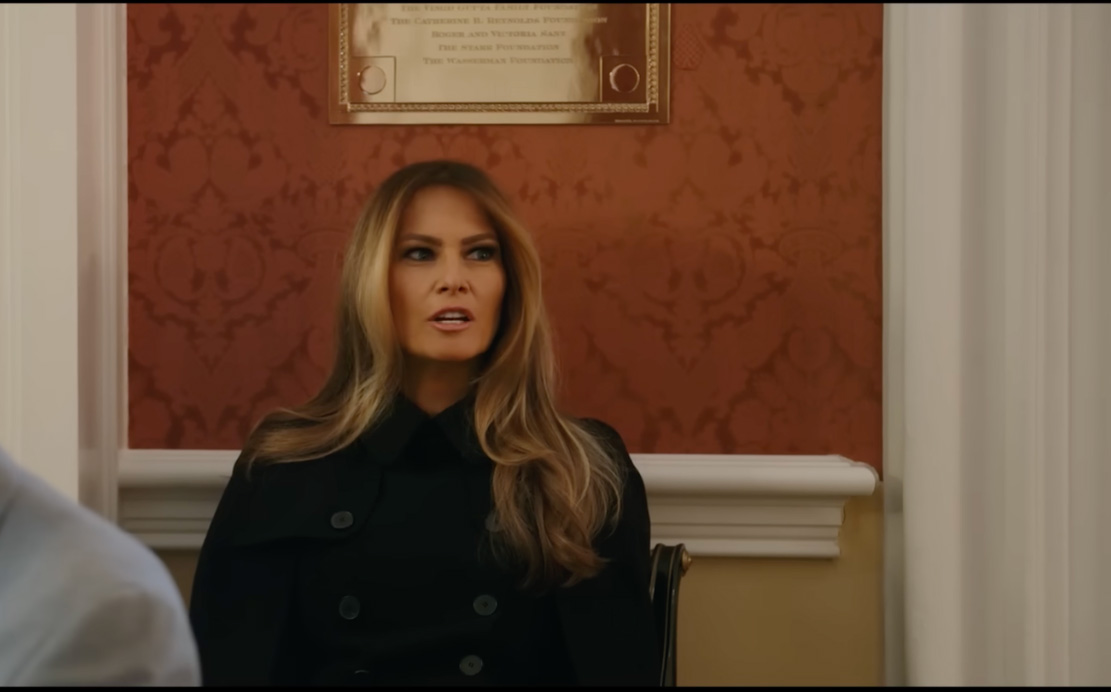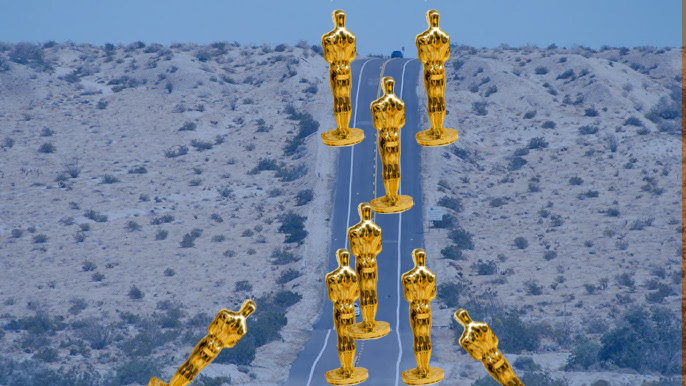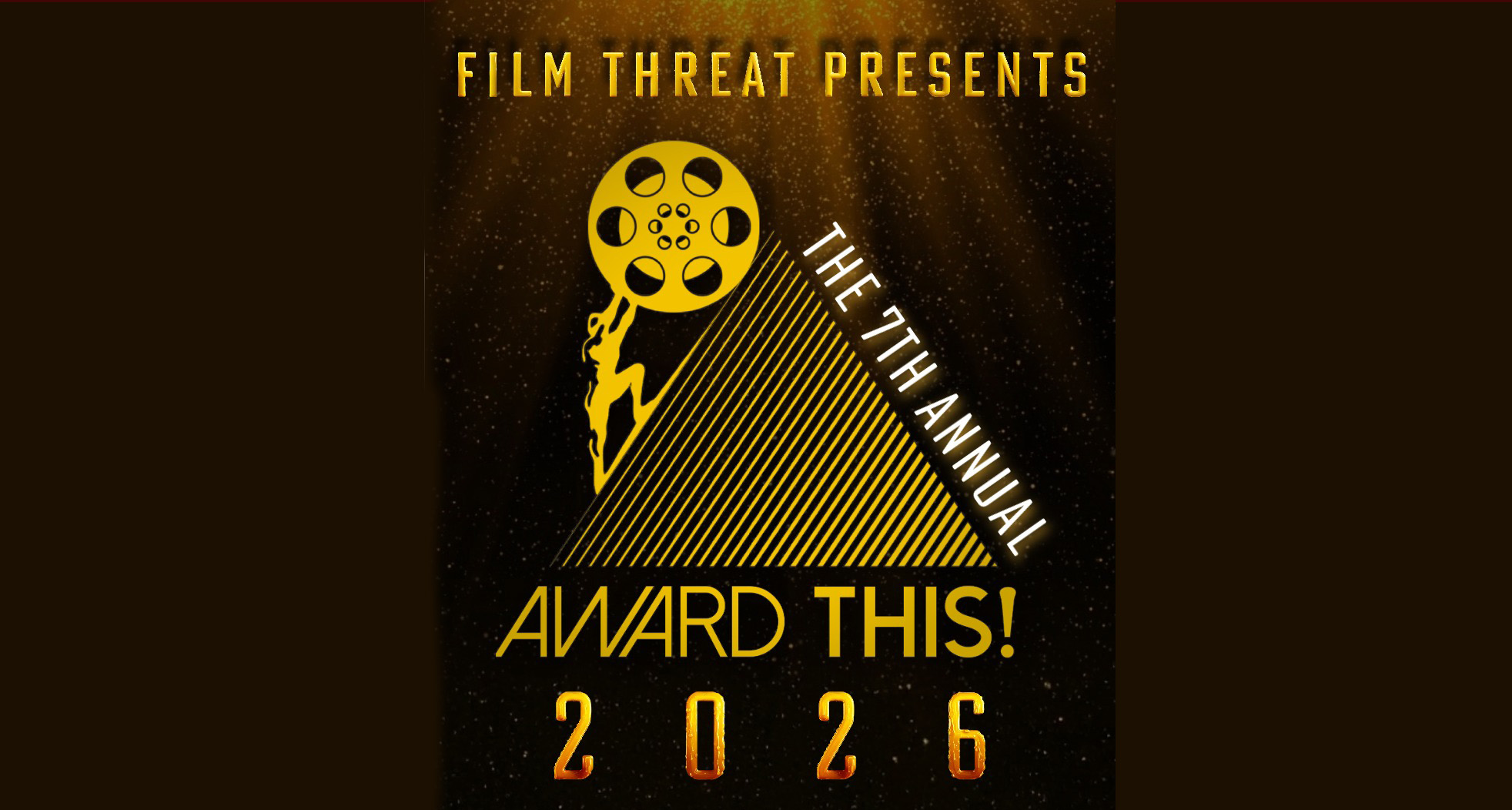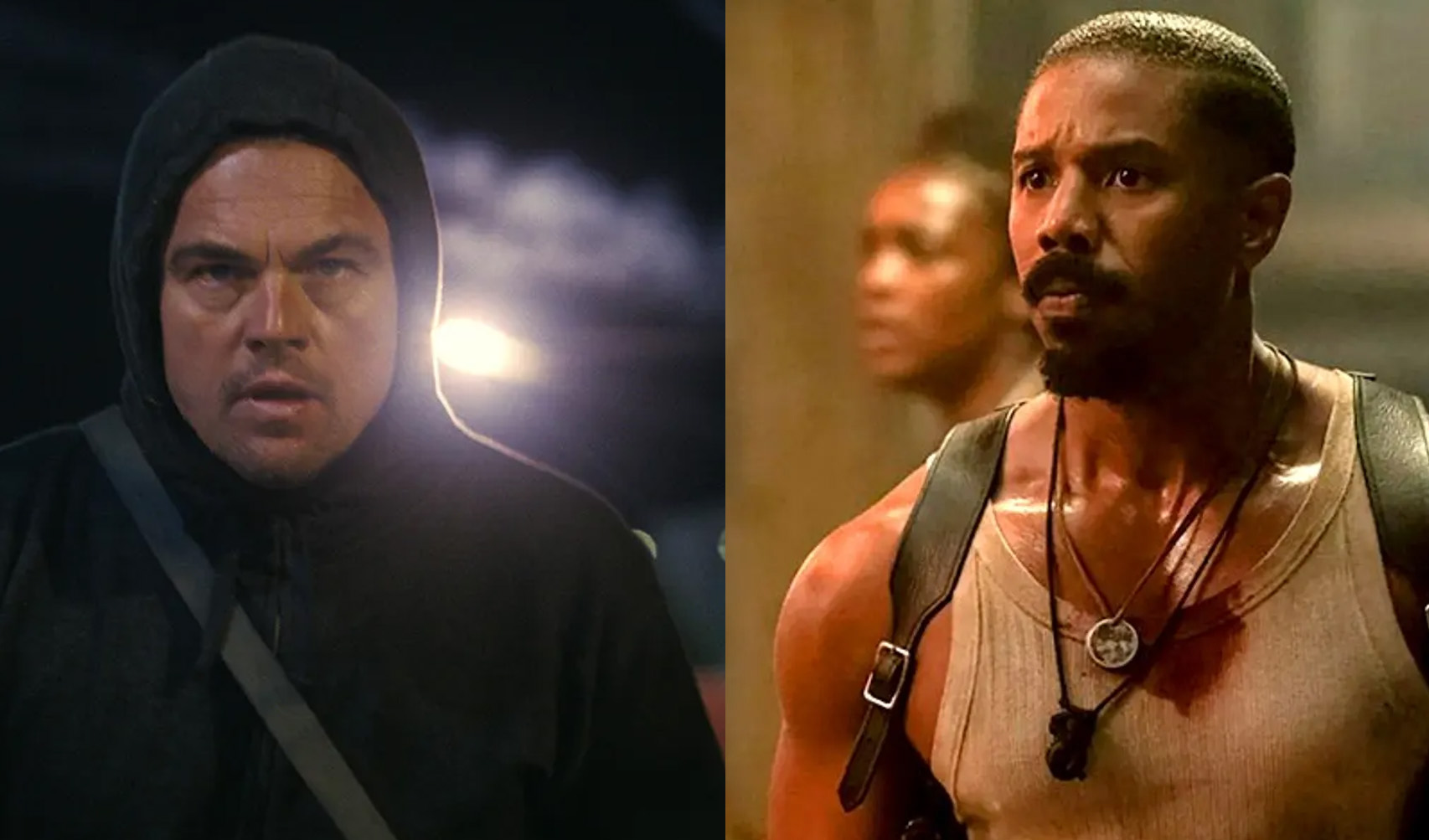While it’s likely there won’t be an anticipated kiss by Taylor Swift and Travis Kelce, the Oscars can be the formidable telecast and cultural event they once were, provided they make some necessary changes. At the top of that list is to make the Oscars about the best again.
The Super Bowl was more exciting than I imagined it would be and not just because of “the kiss.” I never watch football, like not ever, but like so many others, I was intrigued by the cultural phenomenon, which is somehow like Barbenheimer — a thing many people are involved in at once. We all want to feel like we belong to something and aren’t alienated from it due to a generation gap or politics. Why the Super Bowl was like Barbenheimer is that there was a yin and a yang to it, a macho and a feminine. It’s not necessarily a gender-binary I’m referring to here, but it is something essential our culture feels like it has lost. The Super Bowl and Barbenheimer reached across culture, politics, class and everything else to become a singular cultural event.
The only time the Oscars have reached that level in recent years is when Will Smith slapped Chris Rock. Then it entered the zone. Otherwise, the Oscars have become like watching famous people at a movie premiere fenced off away from the rest of the attendees and far, far from the rabble of the public. Now again, Film Twitter likes this. Critics like it. A prominent film critic on Twitter once said, “What’s wrong with being elitist? I like being part of the elite.”
While it’s true the Oscars have always been about gods and goddesses, glitz and glamour – a cut above us average folks – they also used to be widely seen cultural events. Now, the most attention they get is people dumping on how bad they’ve gotten in the past decade or so as they’ve gone “woke.” What does that mean? It means they’ve taken the competition out of it. I mean, the REAL competition, voting for the “best.” And not the “best” per the people who exist in an insulated, isolated bubble; I mean, most people would agree that the movie is the best of the year.
Imagine how unwatchable any sports event would be if fairness were part of the deal. It can’t be. It is pure Darwinian survival of the fittest. Obviously, the Oscars aren’t a sporting event and were never intended to be. But they are designed to be a competition, with winners and losers. If the voters fake winners to satisfy something other than career excellence — A-game excellence — then the fun is taken out of it. There is less suspense because we know people aren’t voting honestly anymore. No one would watch football if they thought the game was rigged to ensure no one got left behind.
It’s Not Rocket Science, Except This Time It Actually Is
We’ve been here so many times before. A big movie is on target to win Best Picture, only to be removed by the “preferential ballot” the Academy uses for Best Picture. At the outset — there should be no expanded ballot now. They should dump it and go back to five. Hollywood is struggling at the box office to a catastrophic degree. It doesn’t matter how people on Twitter try to spin it or the happy face critics put on it – they are not in the business of keeping Hollywood thriving.
The Academy did this right around 1944 mainly due to the war limiting the number of movies being made. The last year they had the preferential or ranked-choice ballot was the Casablanca year. While some of the lineups during the early expanded phase had some great movies, the best days of the Oscars came after that.
1941 was probably the best year:
But even that, the five best shine through clearly. That’s true of all of the years with more than five. But compare that to the years that came after. Almost all of them were bangers, but especially in the 1970s. From 1972 to 1976 — like, wow.
They weren’t all hits, but the majority of them, especially the winners, had significant cultural impact, almost on the level of the Super Bowl. Now, as yourself how many of the Best Picture winners in the era of the preferential ballot had any kind of cultural impact — were they even close or near the top of the top ten Box Office champs of that year?
2009 – The Hurt Locker (Avatar lost)
2010 – The King’s Speech (The Social Network lost)
2011 – The Artist (The Girl with the Dragon Tattoo not even nominated)
2012 – Argo (fine)
2013 – 12 Years a Slave (Gravity lost)
2014 – Birdman won (Gone Girl not even nominated)
2015 – Spotlight won (Fury Road/American Sniper lost)
2016 – Moonlight won (La La Land lost)
2017 -The Shape of Water won (Three Billboards lost)
2018 – Green Book won (okay fine)
2019 – Parasite won (Once Upon a Time in Hollywood, Joker, 1917 lost)
2020 – Nomadland won (no movies had cultural impact – flatline)
2021 – CODA won (Dune lost)
2022 – Everything Everywhere All At Once won — okay fine (TOP GUN MAV LOST)
2023 – ?
So you see, the number one film of the year winning Best Picture, well, let’s let Variety say it plainly:
Not only would it be the highest-grossing, it would be in the top five of the year. THE CLOSEST YOU GET is 2012 when Lincoln made $180 million and Argo made $136 million but neither could crack the top ten.
Return of the King kickstarted the “more money than god” era of the box office, which sent the Oscars tumbling into obscurity, since they were never going to pick one of these movies. The public gobbled them up. This is particularly true from 2011-2019.
A contest of five with a majority rule vote is more exciting than a ranked-choice ballot with too many choices for Best Picture.
The ranked-choice ballot is about “fairness,” like the committees at the BAFTA are about fairness. Given this, I would advocate for choosing, say, Emma Stone for Poor Things, and she’d be a fine winner. Most people would not agree that hers was the best of the year. They’d be more inclined to say Lily Gladstone did, based on what I’ve read from audience reviews and articles on the film. Or they could say Annette Bening gave the best performance of the year, and it’s time to give her an Oscar finally. No matter what happens in that category, it will be decided by a majority of voters based on passion. There could be a split vote, too. The point here is that the ranked-choice ballot eliminates the drama of the secondary categories.
No team that is built on fairness would become Super Bowl champs. They have to be the absolute best at what they do. For the Oscars to be what they once were, they have to award the absolute best — the highest achievement of the year, not just one that makes them feel like they’re righting the wrongs of society.
Do we lose a lot with five? Yes, we do. We might lose movies we wish would get nominated. But it doesn’t matter whether they do or not. The films that don’t will stand the test of time regardless of whether they are good enough. What matters more is that there is some heft and power to the Best Picture nomination instead of a niche ritual almost no one cares about with movies almost no one has heard about and will never watch again.
Top Gun Maverick did the heavy lifting last year and landed in the Best Picture lineup by some miracle. But it still needed to be five, even if Top Gun Maverick didn’t make the list — which I believe it would have. In:
Everything Everywhere All At Once (would still have won)
Top Gun Maverick
The Banshees of Inisherin
TÁR
All Quiet on the Western Front
Out:
The Fabelmans
Elvis
Avatar
Women Talking
Triangle of Sadness
This is a hard end to accept. Those other five movies are good. But the survival of the fittest would have knocked them out for various reasons. And in so doing, it would have told us something about the strength of the films and the box office.
The Internationalizing of the Oscars
The Oscars focus more on global reach, the global box office, international voters, and an international audience. They are becoming Fashion Week in Milan or Paris or the Cannes Film Festival — an event passionately observed and followed by a specific class of people but out of reach for those who have counted on Hollywood for entertainment for the past half-century.
Is it better to have so many Americans together under one roof watching the same football game? Yes. Did the advertising tell us a lot about our culture now? Absolutely. Was it infused with the politics of only one political party? Yes, mostly. The in-group, not the out-group. But we are one country, not two. Events that bring us together like that are rare and almost nonexistent. This is especially true in the era of streaming, where you have to have money to keep up with the Emmys now. You must be able to afford subscriptions to HBO, Netflix, and other paid cable, or you will have to learn what these TV shows are that keep winning.
No one needed a subscription to watch the Super Bowl or, for now, the Oscars. These two events used to be the most-watched in America. Now, only one is. Last year, the Oscars landed at number 23. But it didn’t even make the top 100 the year before. By all accounts, ratings will be up this year because of Barbenheimer. But if you bring them all to the show, people, my GOD, don’t blow the opportunity. Show them the Oscars are back, baby. You can do this. The Super Bowl wasn’t overtly political even if it did lean left. The Oscars should not be overtly political, even if they can’t help but lean left.
And while we’re at it, Rotten Tomatoes needs an overhaul. My suggestion to them would be to diversify their so-called “critics,” and by “diversify,” I mean not in terms of race or gender but in terms of ideology. It’s already groupthink, a reflection of Film Twitter written large, but it’s become a public embarrassment. The critics seem woefully out of touch and mostly in Emperor’s New Clothes mode. They are afraid to be honest. They are afraid to stand out. They are afraid to become poor Sean O’Connell when he almost lost his job for giving an honest criticism of the film Turning Red. They need more of what they purged from their ranks years ago in the post-Gamer Gate, post-Chud and Ain’t it Cool News purge. Those fanboy types who have fled RT for YouTube are, at least, willing to take the slings and arrows necessary to tell hard truths.
I can’t entirely agree with everything in this piece, but the sentiment is right.
We need to be able to survive honesty.
We need to put our faith in the free market. We must share our culture with the half of America we’ve long since abandoned. That is a better way to save the world than any political election ever could be. The Super Bowl was a game of winners and losers. There was purity in it because everyone trusted that these guys were playing as hard as they could, giving it 110 percent. But in the end, one team won. Because we watched it, we respected the outcome. We knew it was a game played to win. And so, too, should the Oscars be. Christopher Nolan brought his A-Game to Oppenheimer. Greta Gerwig brought her A-Game to Barbie. Yorgos Lanthimos brought his A-Game to Poor Things, and Martin Scorsese brought his A-Game to Killers of the Flower Moon. Alexander Payne brought his A-Game to The Holdovers. All of the Best Picture nominees represent artists doing the very best they can do.
Yet only one movie, like one football team, rises to the top on ambition, excellence, uniqueness, artistry, and delivery. It can’t be all about money. It can’t be all about artistry. It has to be a little of both. I mean:
How can the Oscars be like the Super Bowl? Give Oppenheimer the sweep.
This is what a Best Picture winner in an ideal situation looks like. It’s adapted from the book American Prometheus. It isn’t a sequel or a remake. It isn’t an IP or a franchise. It isn’t as good as Barbie is, rooted in a franchise. It’s made on film, shown in theaters, and was critically acclaimed beyond any measure. It was a movie about a scientist who helped build the A-bomb but was then persecuted by his own government as being a suspected Communist. Somehow, this cerebral film became a cultural phenomenon. And if this Academy can’t see fit to say yes, this deserves to win Best Picture of the Year, then there is very little point to the Oscars at all.















